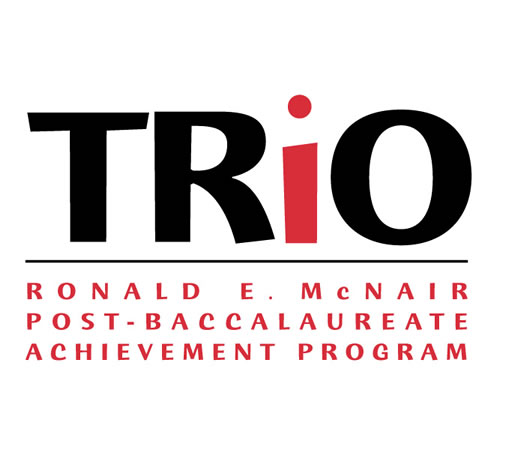Document Type
Poster
Publication Date
2011
Publisher
University of Nevada, Las Vegas; Center for Academic Enrichment and Outreach
Publisher Location
Las Vegas (Nev.)
Abstract
Dust and soil surfaces contain terrestrial radionuclides that occur naturally in the earth's crust. However, the level of activity differs by soil type, particle size and geographic location. Some radionuclides are more abundant in one soil type but less concentrated in others. This research paper looked at the radioactivity levels of dust and soil samples based on particle size. The samples were measured in vial sample holders using HPGe Germanium detector for a period of five days each. Background radiation was counted for same amount of period and subtracted to eliminate any counting statistical errors. The results showed that there is no significant correlation between particle size and radioactivity concentration levels. However, the amount of activity found in the samples depends on the type of radionuclide abundant in that sample. Potassium-40 has the highest activity level in all samples whereas Cs-137 has the lowest amount. This may be due to the fact that Cesium-137 is not a naturally occurring radionuclide. The small amounts of activity present due to fallout from atmospheric weapons tests conducted at nearby test site. However, these activity levels are so low there are no health risks to be concerned with.
Keywords
Dust; Nevada — Nellis Dunes Recreational Area; Particles; Potassium —Isotopes— Decay; Radiation; Background; Soils — Classification
Disciplines
Environmental Indicators and Impact Assessment | Environmental Monitoring | Soil Science
File Format
File Size
2.602 KB
Language
English
Rights
IN COPYRIGHT. For more information about this rights statement, please visit http://rightsstatements.org/vocab/InC/1.0/
Repository Citation
Camara, S.
(2011).
Absolute Specific Activities of Deposited Radionuclides in Dust and Soil Samples Nellis Dunes Recreational Area (NDRA).
Available at:
https://digitalscholarship.unlv.edu/mcnair_posters/10
Included in
Environmental Indicators and Impact Assessment Commons, Environmental Monitoring Commons, Soil Science Commons

Comments
Mentor: Ralf Sudowe